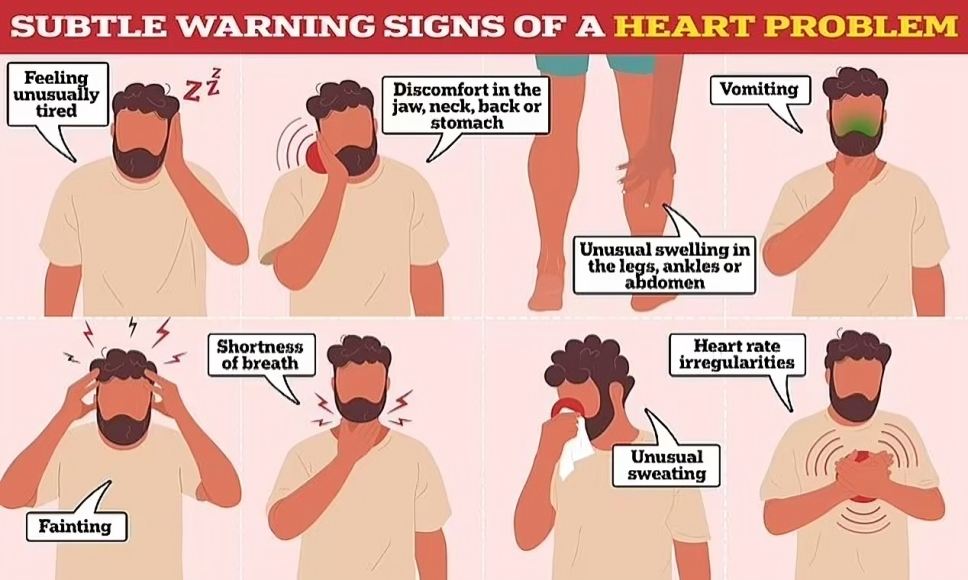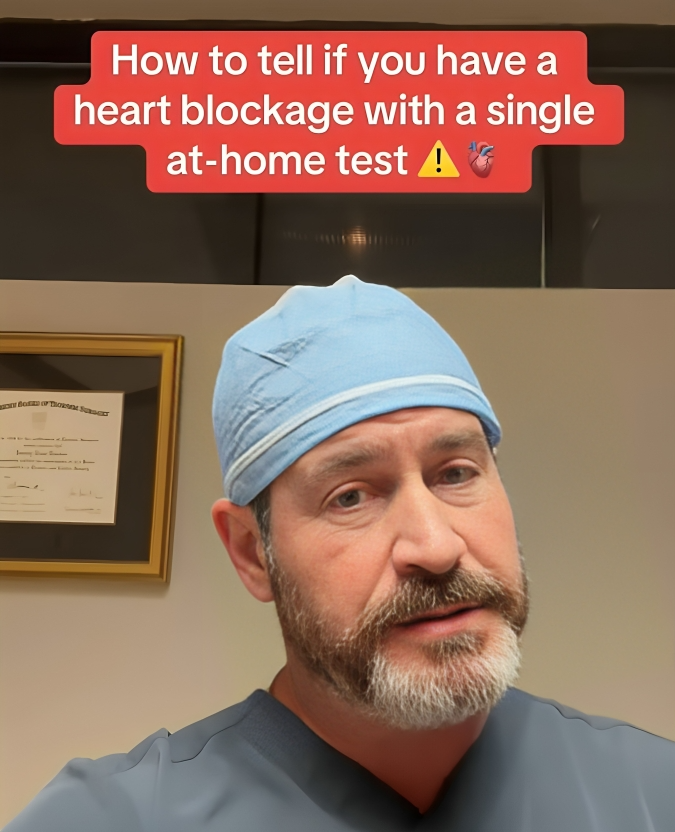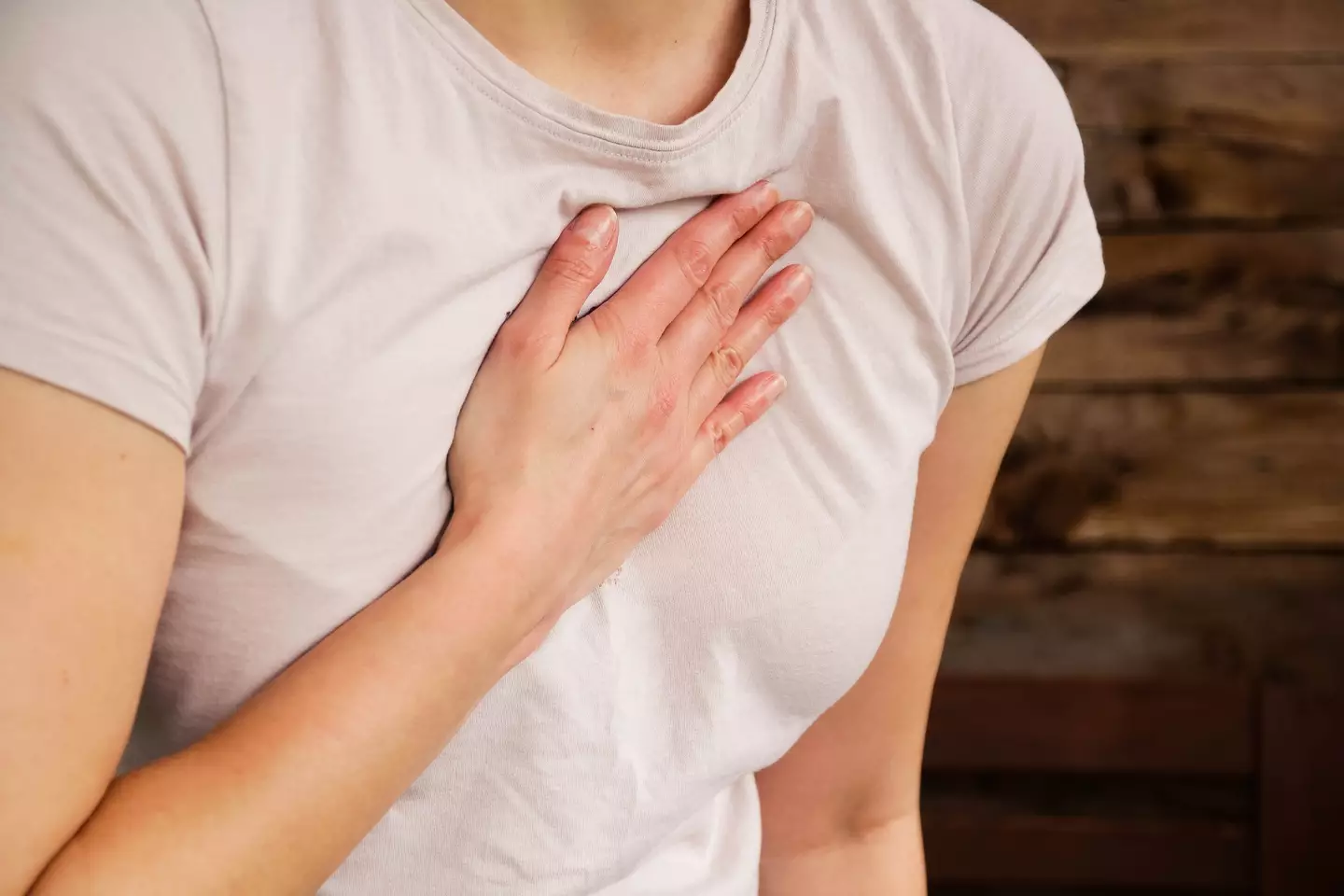A heart surgeon with 25 years of experience has shared a simple test to check if your heart is working properly.
Dr. Jeremy London says you can do this easy test at home, and it only takes a little time. No need for blood tests, X-rays, or ECGs. His method helps check if your arteries are clear or if there might be a blockage.

He asks, “How can you tell if you have important blockages in your heart arteries without any tests?” The answer, he says, is to listen to your body.

Dr. London lists some signs to watch out for. These include chest tightness, chest pain, and shortness of breath. If you feel pain that moves to your jaw or arm during physical activity but goes away when you rest, it might be a warning.

He explains why these symptoms could mean your heart arteries are blocked. “When you exert yourself, a blocked artery can’t get enough blood to a part of your heart, causing these symptoms. When you rest, the demand on your heart drops, and the pain stops.”
This condition is often linked to angina, which is chest pain from reduced blood flow to the heart. Angina is usually not life-threatening but can be a warning sign for a heart attack or stroke.

The British Heart Foundation explains that a fatty substance called atheroma can build up in your arteries over time, narrowing them and reducing blood flow to your heart. Many people with this condition don’t realize it until they have symptoms like angina.
Dr. London emphasizes, “Not having these symptoms doesn’t mean you don’t have blockages, but if you do experience them, you should see a healthcare professional.”

Running through this test can help you decide if you need to see a doctor for further checks. It’s a quick way to keep an eye on your heart health from home.
